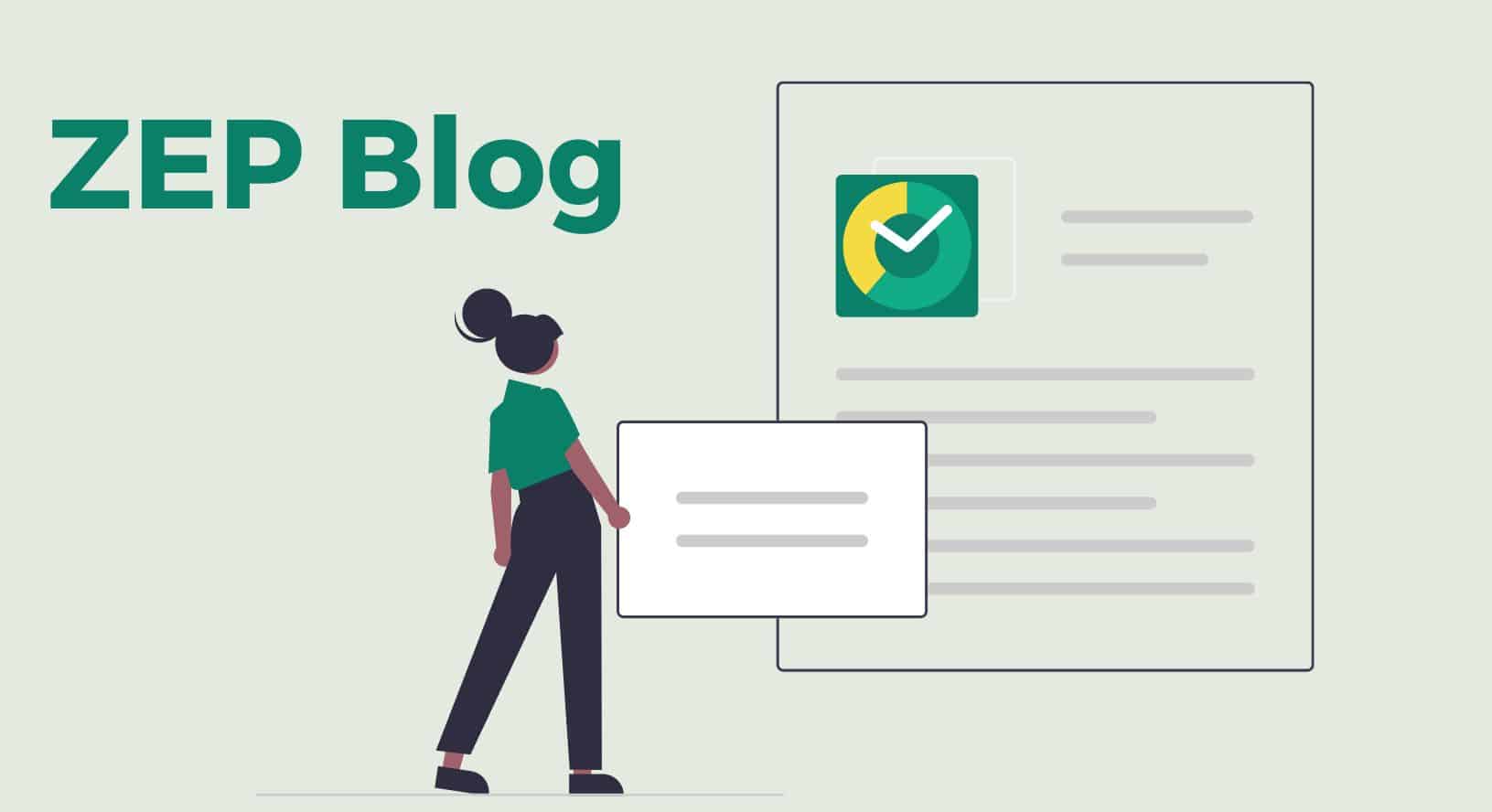The turn of the year 2022/2023 brings with it a number of innovations, including the eAU, residual leave without automatic limitation, higher home office allowance, increased non-cash benefit values for meals and possible time recording obligation.

The turn of the year 2022/2023 brings some innovations with it. As an employer or employee, do you know what is in store for you this year? Legislative amendments, new laws and a whole lot of digitalisation - some things are familiar, others completely new territory. We want to bring you up to date on the most important changes and give you tips so that you don't get lost in the jungle of news.
The Digitalisation in the health sector is progressing. Since 1 January 2023, the "yellow slip" from the doctor is a thing of the past. Because: From now on, employers will (theoretically) only receive AU data of their employees electronically if they digitally retrieve this data for employees who are ill or on sick leave from the health insurance funds. The employees' obligation to report the beginning and expected end of an incapacity to work remains unaffected. As soon as an employee has reported sick to the workplace, the employer himself decides whether he wants to retrieve the data from the competent health insurance fund electronically and via a suitable interface. The attending doctor's office must report the AU electronically to the relevant health insurance fund by midnight on the day of the sick leave. Therefore, health insurance funds recommend employers to retrieve the AU data at the earliest from the fifth calendar day after the onset of incapacity for work, provided that the company grants three waiting days.
Important: For the time being, the eAU only applies to people with statutory health insurance who are prescribed sick by a doctor with health insurance approval! For privately insured employees, treatment in a private practice, children or employees in private households on a mini-job basis, no digital AU certificate is currently possible.
The Federal Labour Court has ruled: Remaining holidays do not automatically become time-barred after 3 years! Employers must explicitly ask their staff to take their leave and explicitly warn them of the impending expiry of leave days. Employers should note that this applies equally to employees on long-term sick leave! Employees could theoretically even save up their leave in the future during their entire working life - as long as they are not requested to use it. The European Court of Justice has already ruled on thiswhich the BAG has now complied with. According to the ECJ, the right to rest leave is an "essential principle of the Union's social law". Accordingly, all restrictions are inadmissible.
And now it gets interesting: Holiday entitlements could even be claimed retroactively and against former employers. What does that mean exactly? Employees could retroactively claim the holiday days that were previously considered time-barred from (former) employers and have them paid out. Important: Employers could only defend themselves against the claims in this case if they can prove that the employees were explicitly informed (and preferably in writing) about the expiry of the leave days.
The tax rules will change in 2023, because those who work in a home office will benefit from a higher flat rate from now on. Even if you as an entrepreneur or employer do not have a designated office within your own four walls, but work at the kitchen table or in the living room, the home office flat rate will increase from five to six euros per day for you. As an employee you can deduct this amount as income-related expenses and as an entrepreneur as business expenses for tax purposes. The maximum deductible amount will therefore increase from 600 euros to 1,260 euros per year in 2023. In future, it will therefore be possible to claim a deduction for income-related expenses or operating expenses for up to 210 days of home office.
And how long does this regulation apply? Due to the deferral of the Home office flat rate this is no longer linked to the duration of the Corona pandemic, i.e. it is no longer an exemption and therefore applies immediately and for an unlimited period. Info: The employee lump sum will also be increased for 2023, by 30 euros. This means that taxpayers can additionally claim their income-related expenses on their tax return in the amount of 1,230 euros - without having to submit receipts.
The non-monetary remuneration values for free meals and free accommodation are adjusted every year to the development of consumer prices. In its annual Meeting on the adjustment of the non-cash remuneration values in December 2022.
The new values are therefore 3.80 euros for lunch or dinner (previously 3.57 euros) and 2.00 euros for breakfast (previously 1.87 euros) - this brings the monthly amount to 288 euros (previously 270 euros). In the case of full board, all meals are now assessed at a value of 9.60 euros per day. But: The application of the non-cash benefit values can only be applied if the price of the individual meal is below a price of 60 euros.
To adjust the calculation rates of the additional subsistence expenses in your CEP, simply go to Administration > Master data > Trips > Places. Done!
In December, the Federal Labour Court its reasons for judgement on the time recording obligation. General confusion spread when the Labour Court ruled: From now on, workers must record their hours worked. This applies to record the actual working time, including all overtime, as well as to ensure that maximum working hours and rest periods are observed.
Verdict, but no law? Not yet! According to initial announcements, it is to be expected that the Federal Ministry of Labour will still be in the first quarter of 2023 on a draft bill could reach an agreement. The exact contents of a law on the new regulation of the recording of working time, on the other hand, are still open. Regardless of this, the BAG has decided anyway that the obligation to record working time already applies. Employers should therefore not wait to introduce a corresponding system in their company. After all, this can also be done web-based and no longer requires a classic time clock. With ZEP, you always have your time recording tool at hand - on the web or via app. From simple time recording to complete project management, you cover all needs and legal requirements with one solution. You can use our solution Test 30 days without obligation and free of charge. And our Support team will answer all your questions.


Read article ↗

How can you strengthen your employer brand and attract the best talent? Discover 11 effective employer branding measures that will help you stand out from the competition and optimise your recruitment strategy.
Read article ↗
We answer your questions quickly & competently. Contact us by phone or email.
+49 7156 43623-0 or contact form